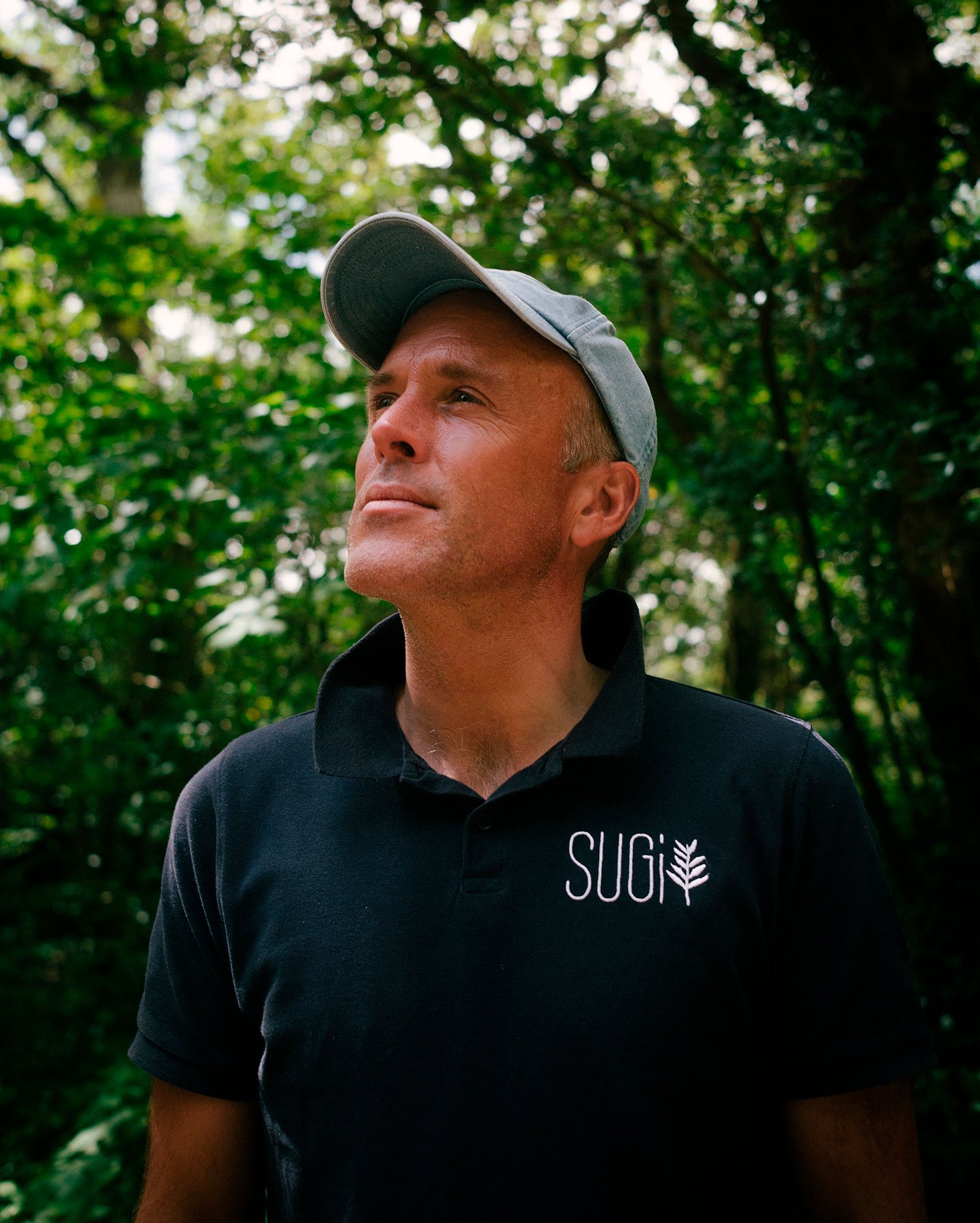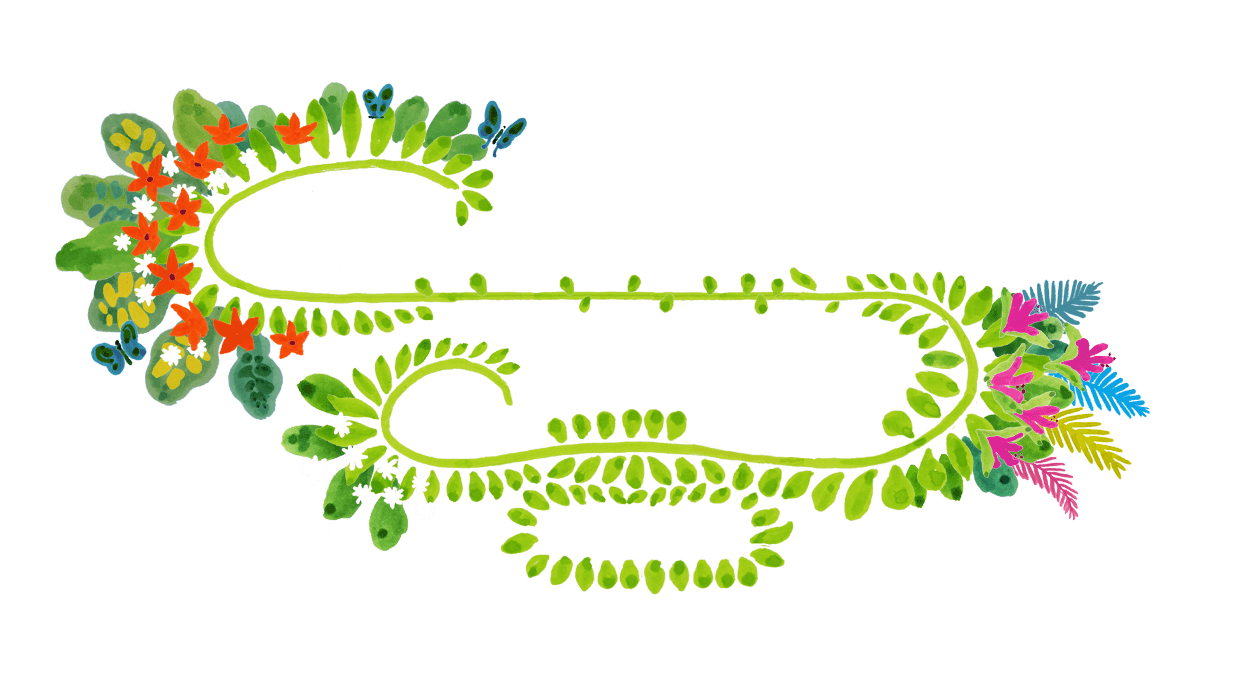
Kensington & Chelsea LONDON, UK
Heritage Forest
A sanctuary in the heart of London
Located in the heart of central London, Heritage Forest will revive the UK’s endangered flora, nurture pollinators vital for food production, and grow medicinal herbs known to bring balance back to body, mind, and spirit.
The forest will be a green space for local neighbours to find quiet moments of respite and to take in the joys of nature in a vibrant and busy city. Heritage Forest will provide a peaceful and restorative experience, where visitors can take in the changing colours of the trees, the aromas of the blossoms and the sound of rustling leaves. Thanks to its urban location, the forest will offer not only an individual experience but a communal one. In so being, we hope this space will help cultivate community bonds and become a recognised source of joy for all.
Forest Maker James Godfrey-Faussett

630
TREES
240
SQUARE METERS
77
NATIVE SPECIES
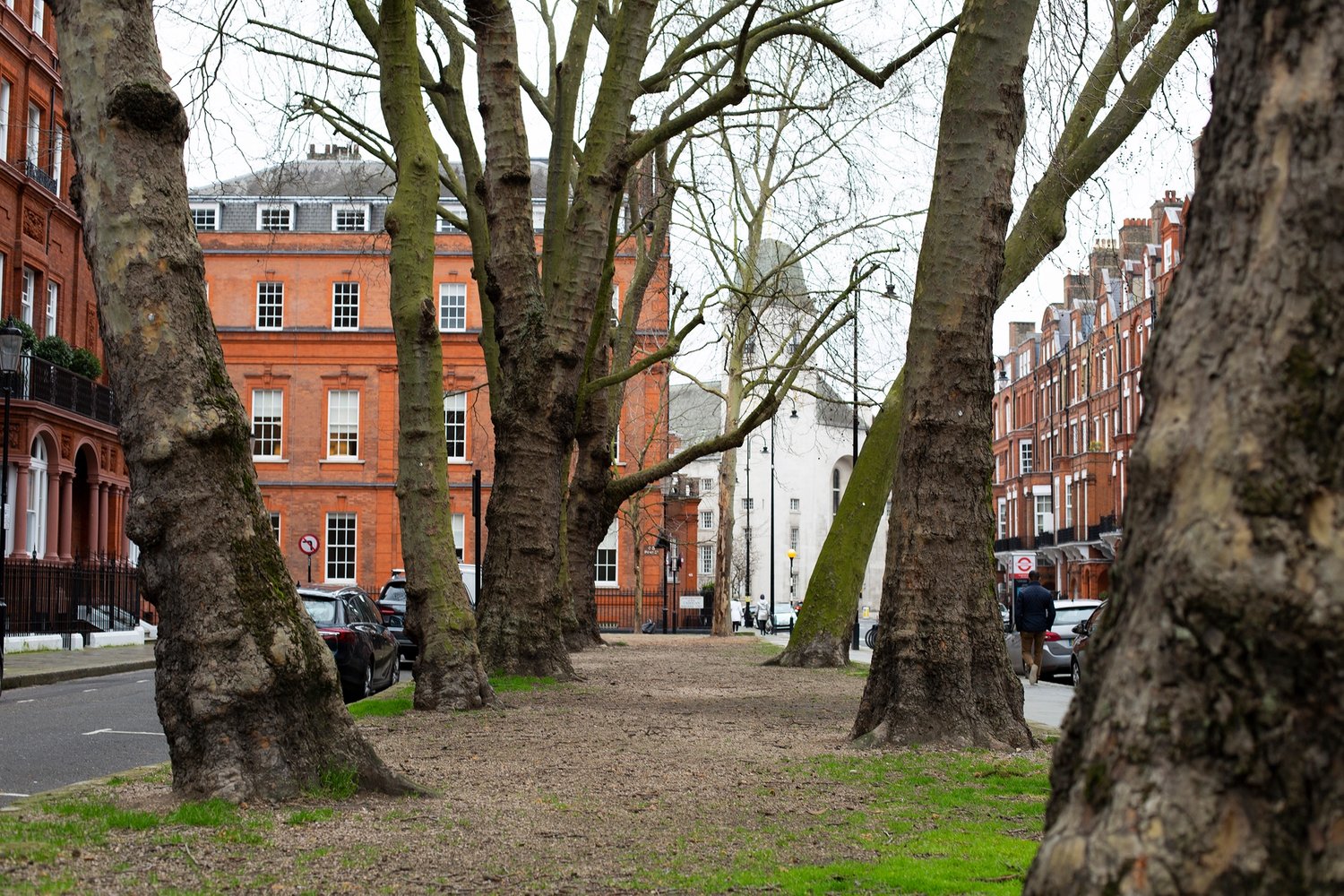
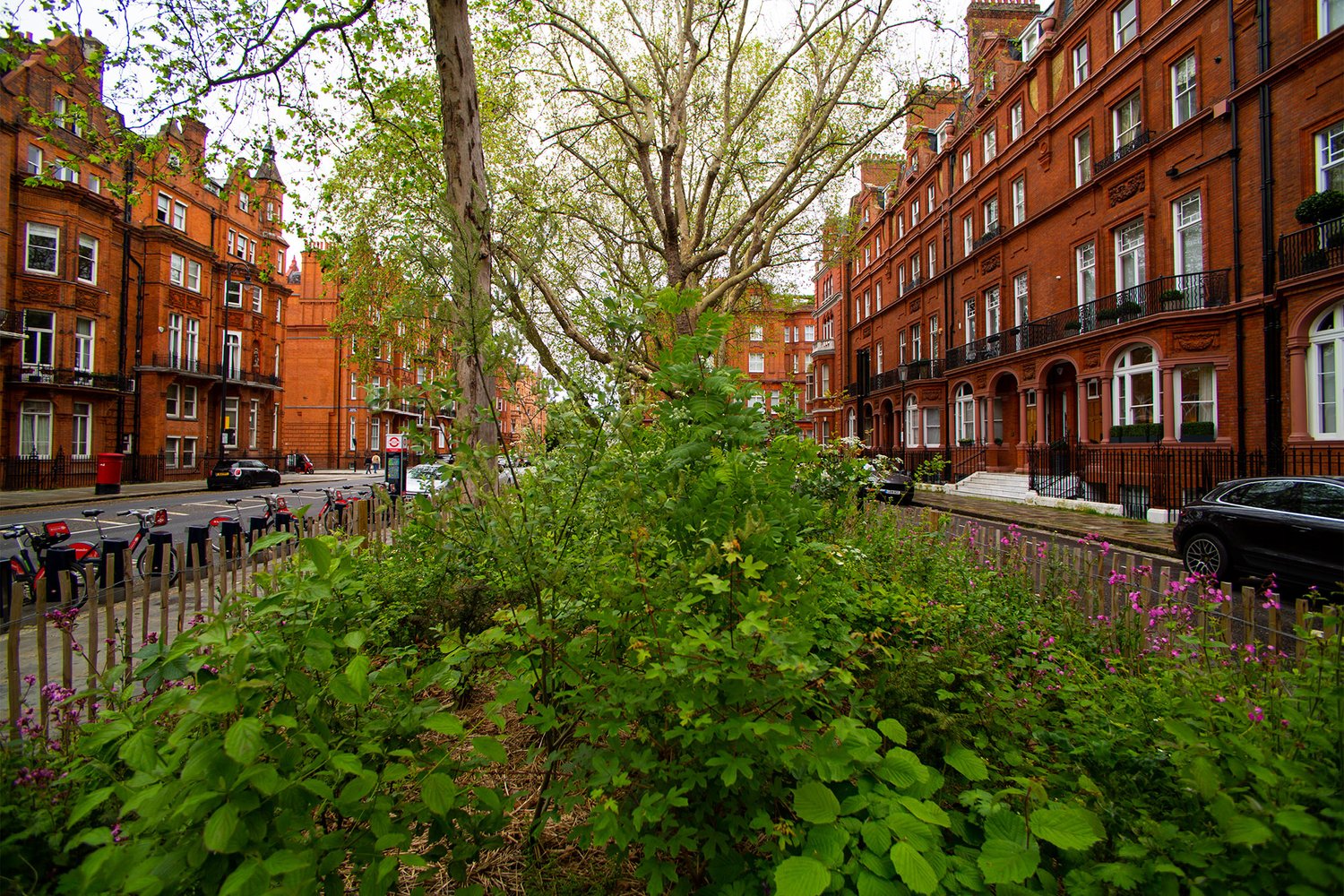

Forest Report: 16 Months
DATE: 12.05.2022
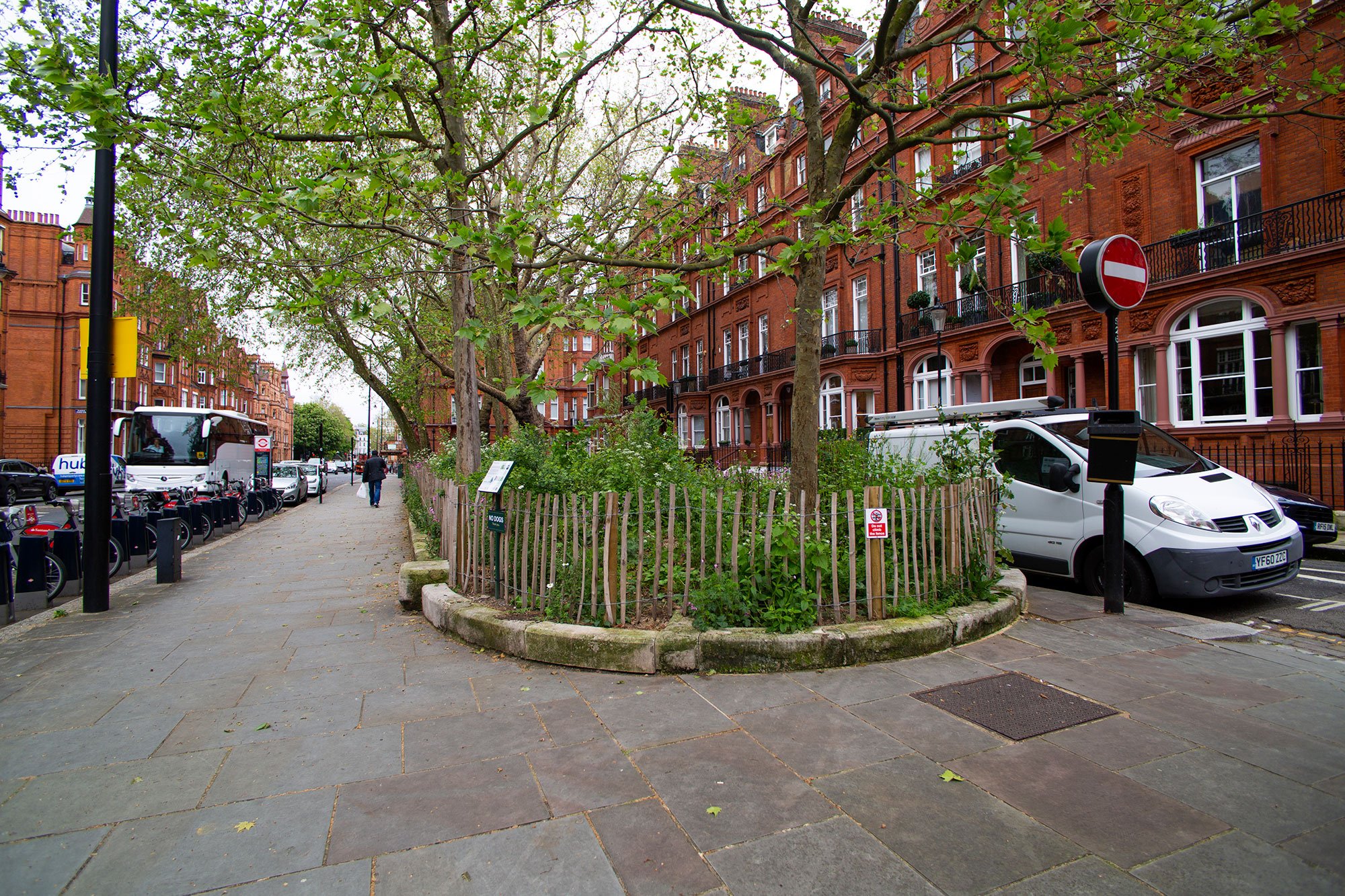
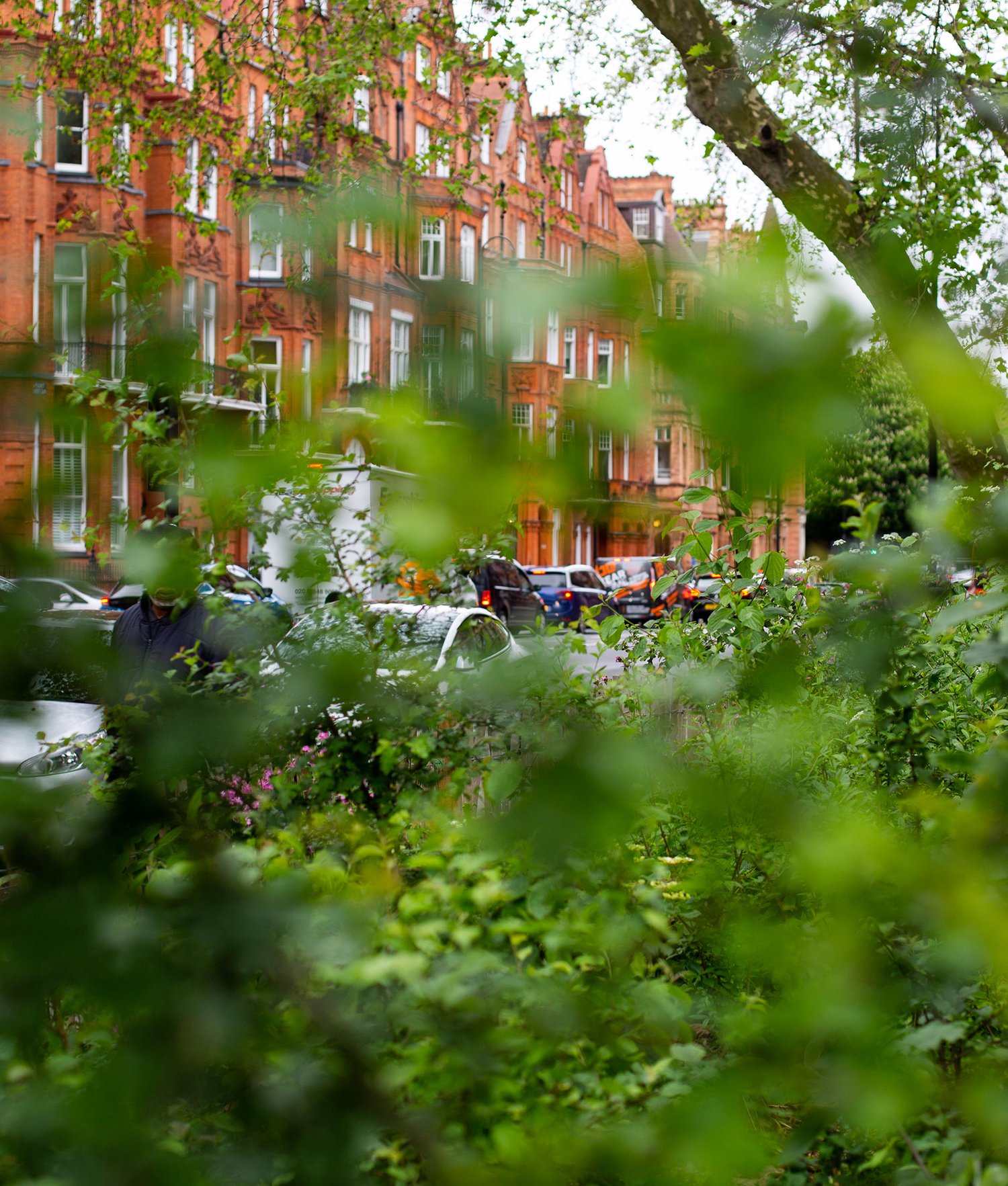
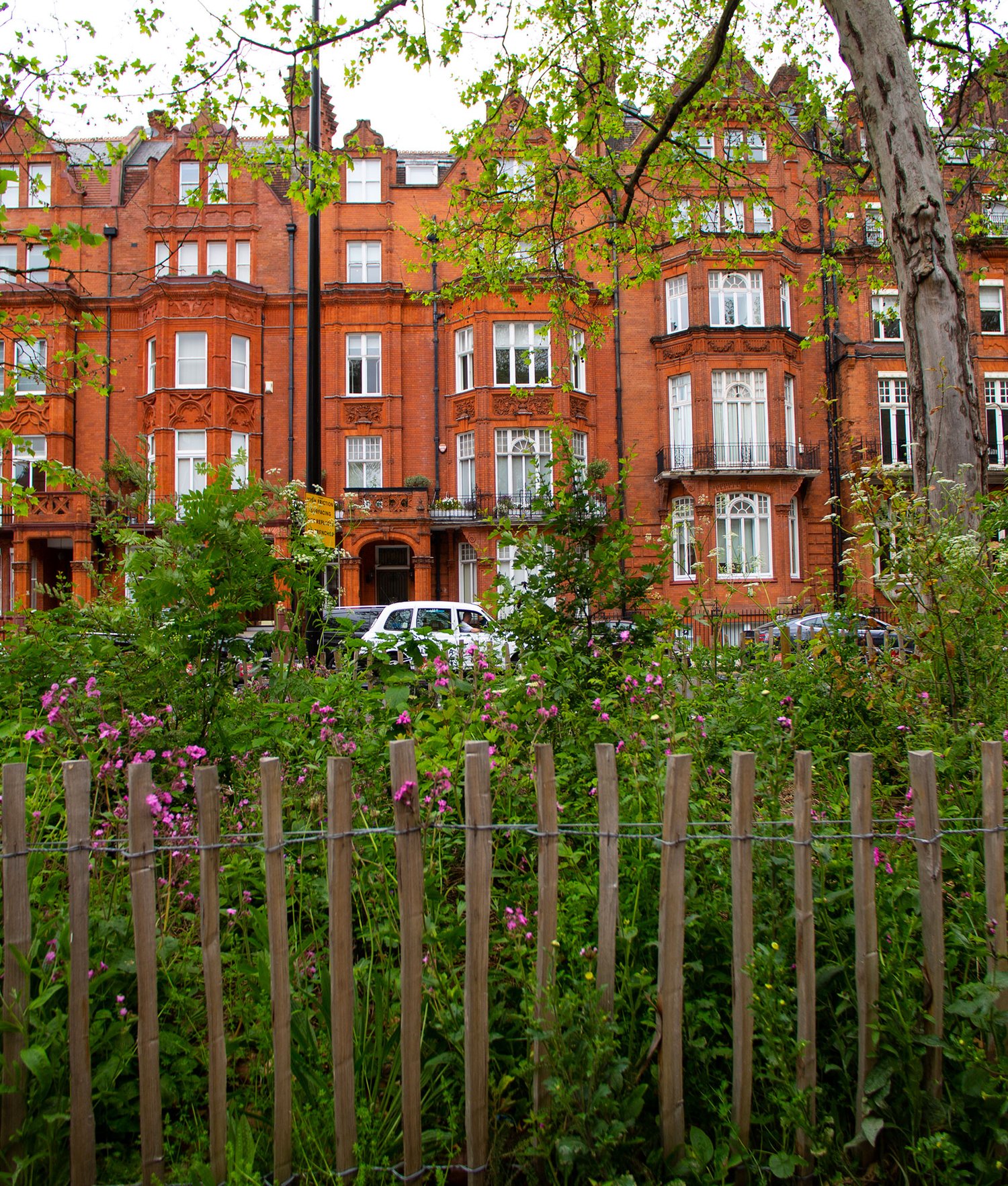
Biodiversity Notes:
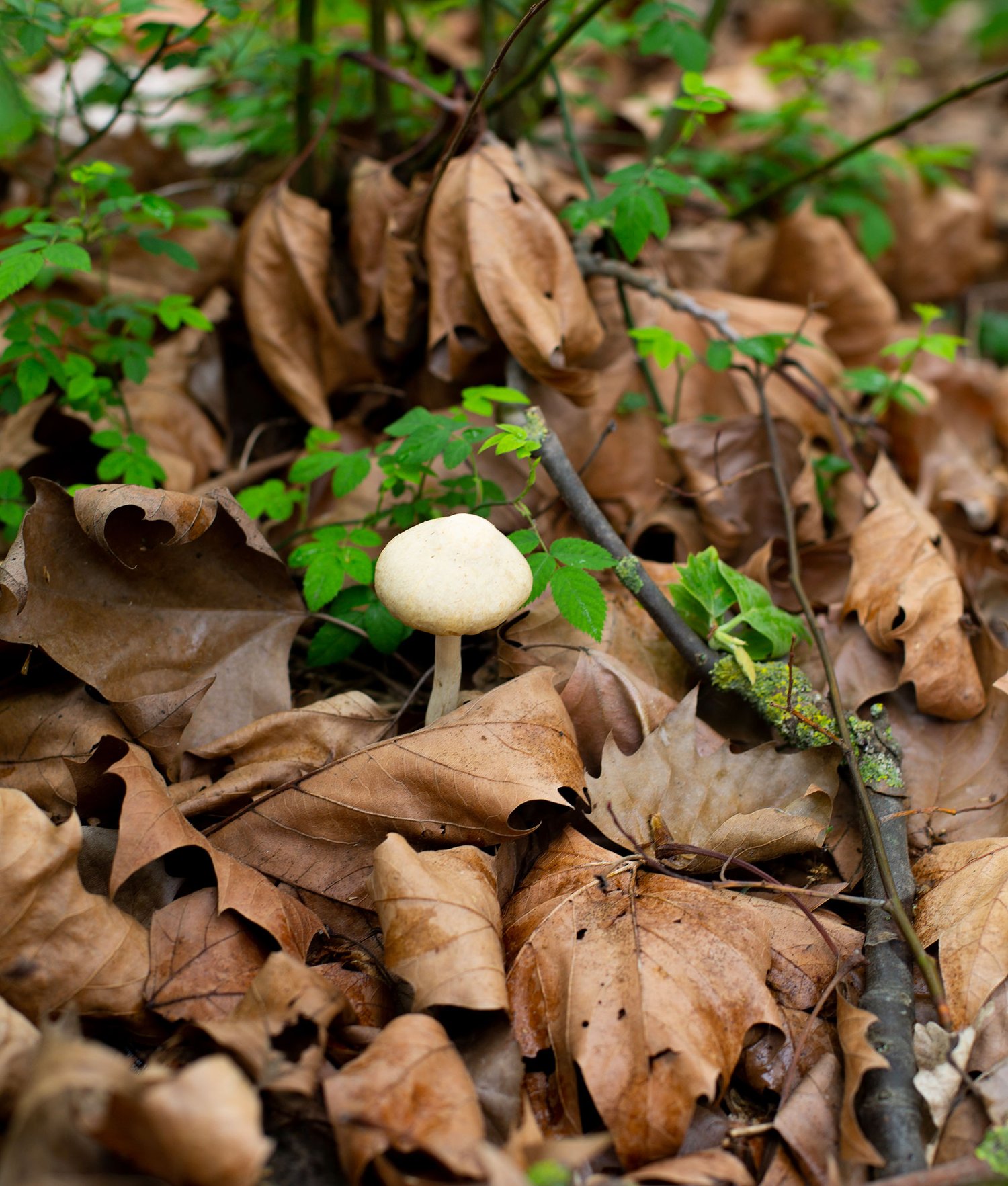
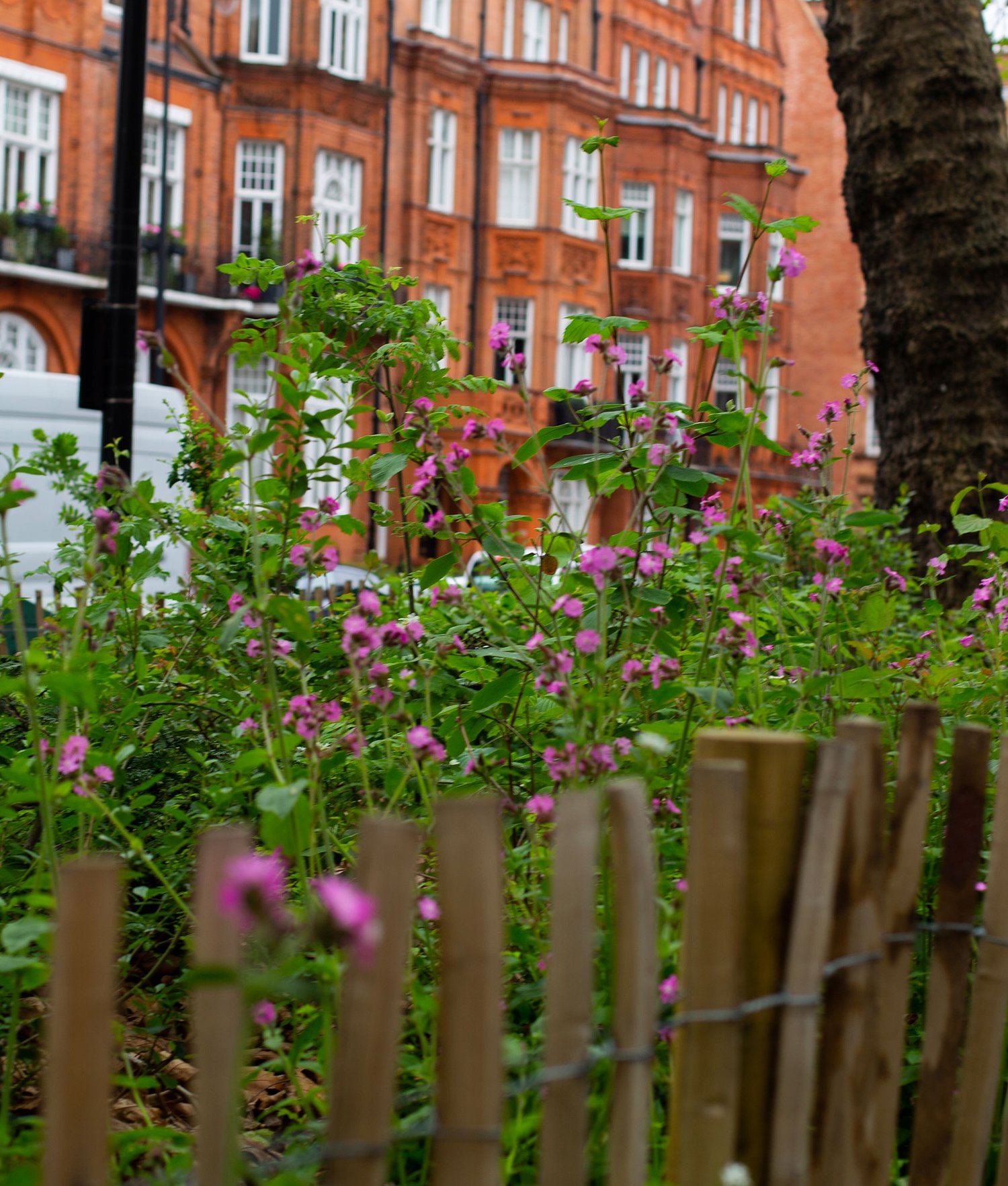
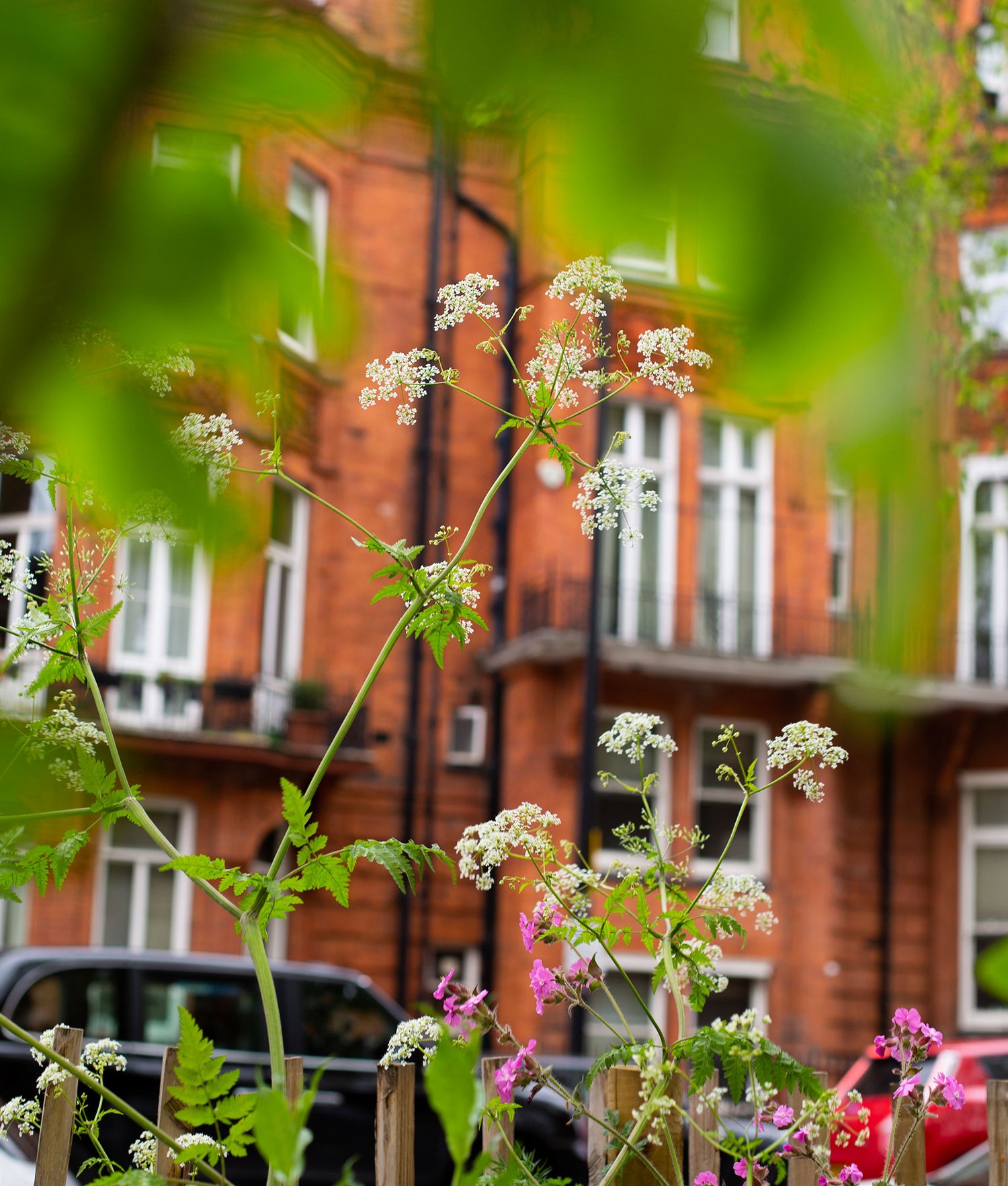
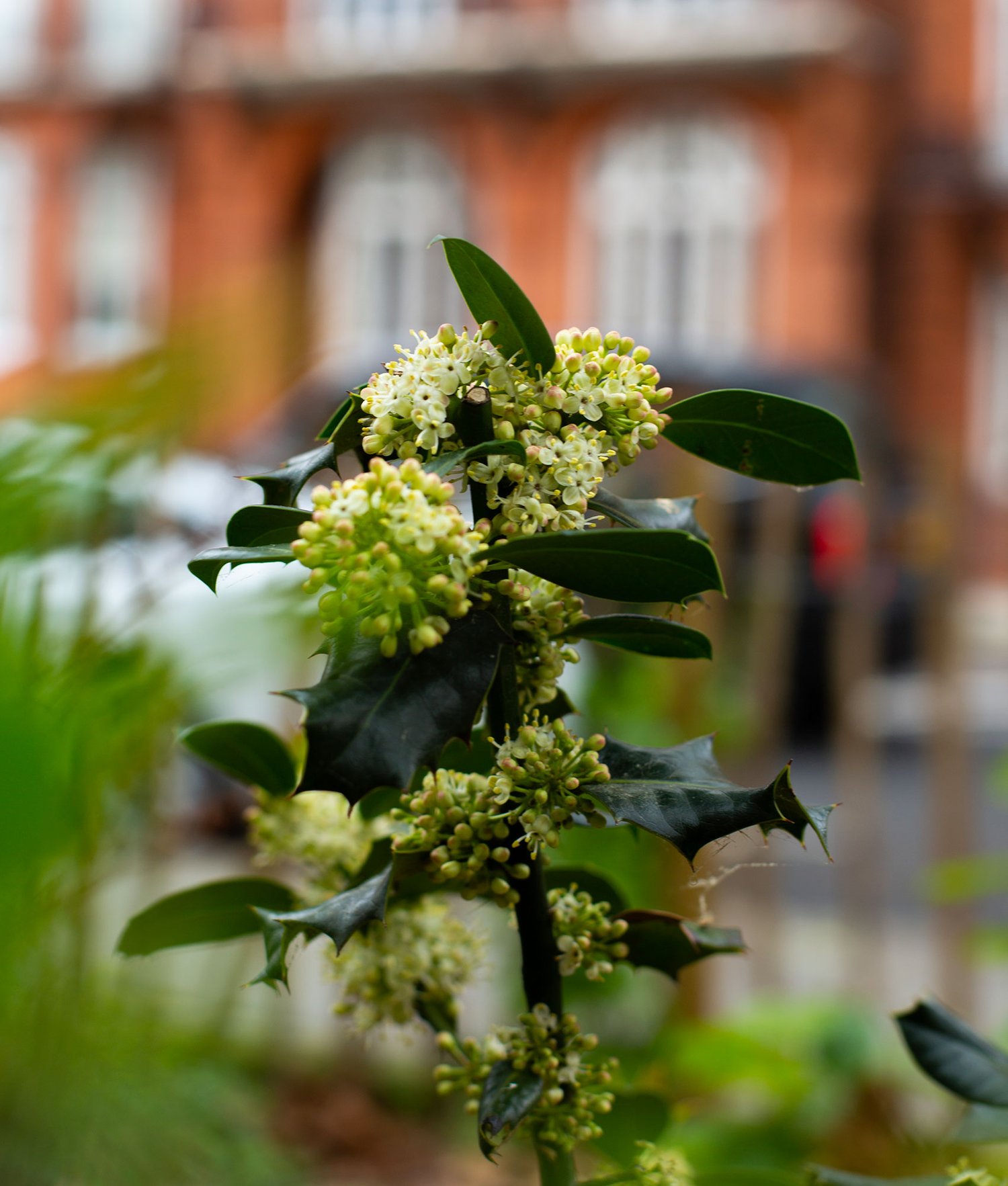
Forest Report: 1 Year
DATE: 12.10.2022
Survival Rate: 97%
Average of Tallest 3 Trees: 170cm
This little forest is vibrant and adapting well to urban life. The summer heatwave has had little negative effect and the saplings are maturing well. Shade-tolerant species such as dogwood (Cornus sanguinea), spindle (Euonymus europaeus) and hazel (Corylus avellana) are growing well in the dense shade without becoming leggy - often an issue with growth in shady areas.
The rowan (Sorbus aucuparia) and crack willow (Salix fragilis) are currently both the tallest species, and the crack willow has a girth of 25mm. Crack willow is interesting in that it's the only variety of willow that grows well in drier conditions - willow is normally associated with damper conditions. Crack willow is also a fantastic early source of forage for pollinators when the catkins arrive in early spring. It is promising to see this species thriving.
The oaks too are doing well too - planted as the climax species to eventually take over from the current canopy of London plane trees.
Heritage Forest has really transformed this pocket of Kensington and Chelsea, bringing some much needed greenery to an area dominated by buildings and traffic.
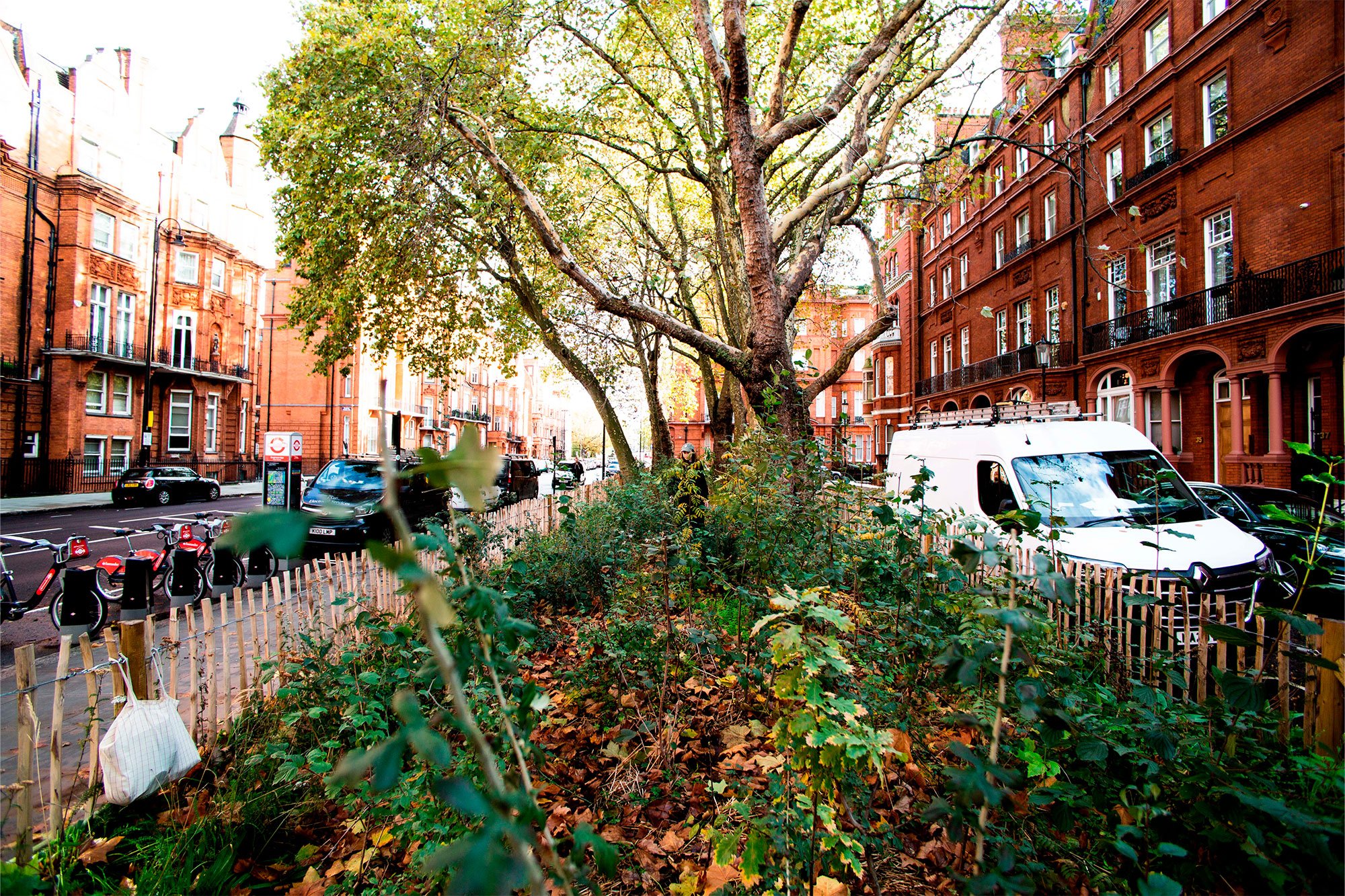
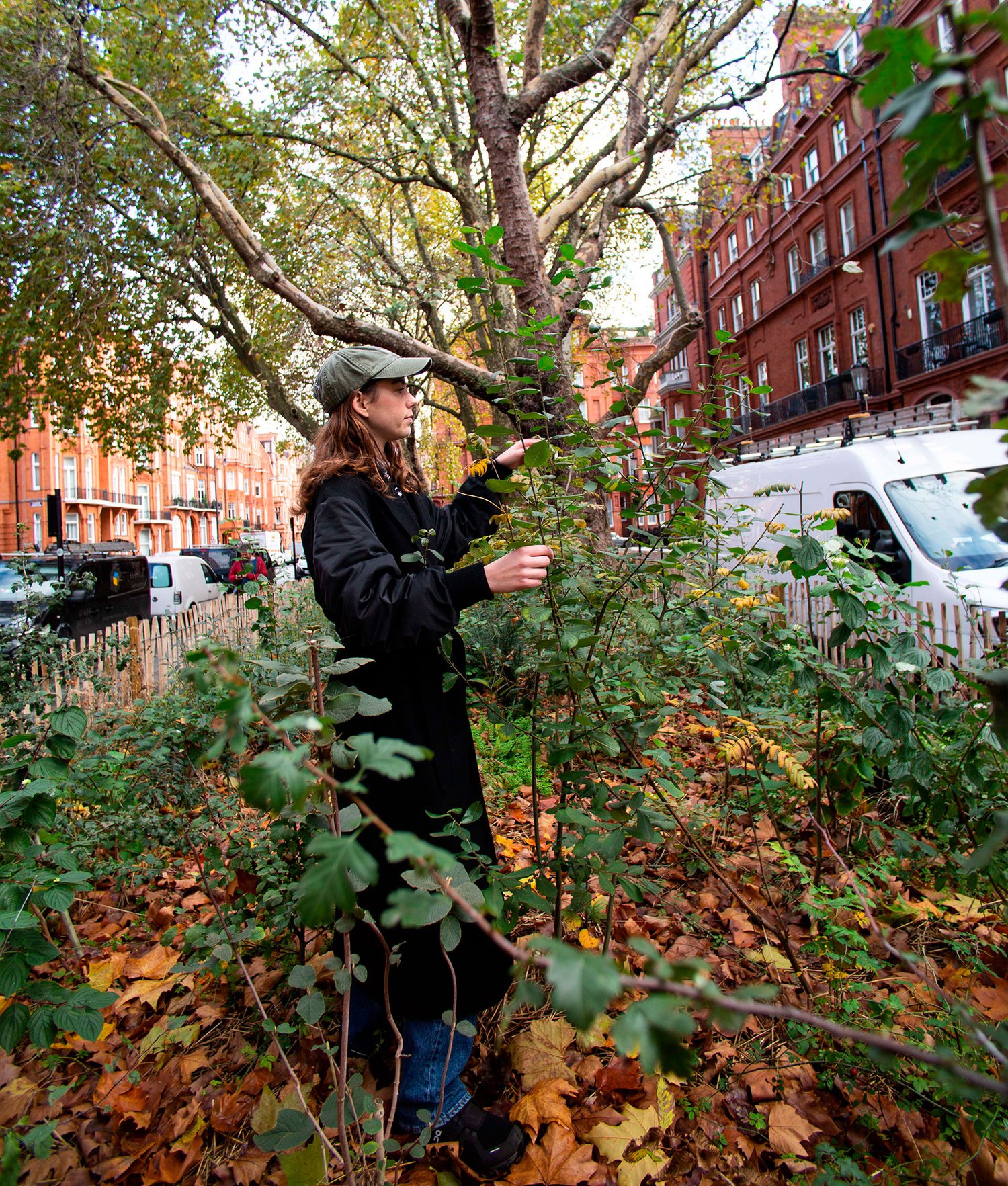
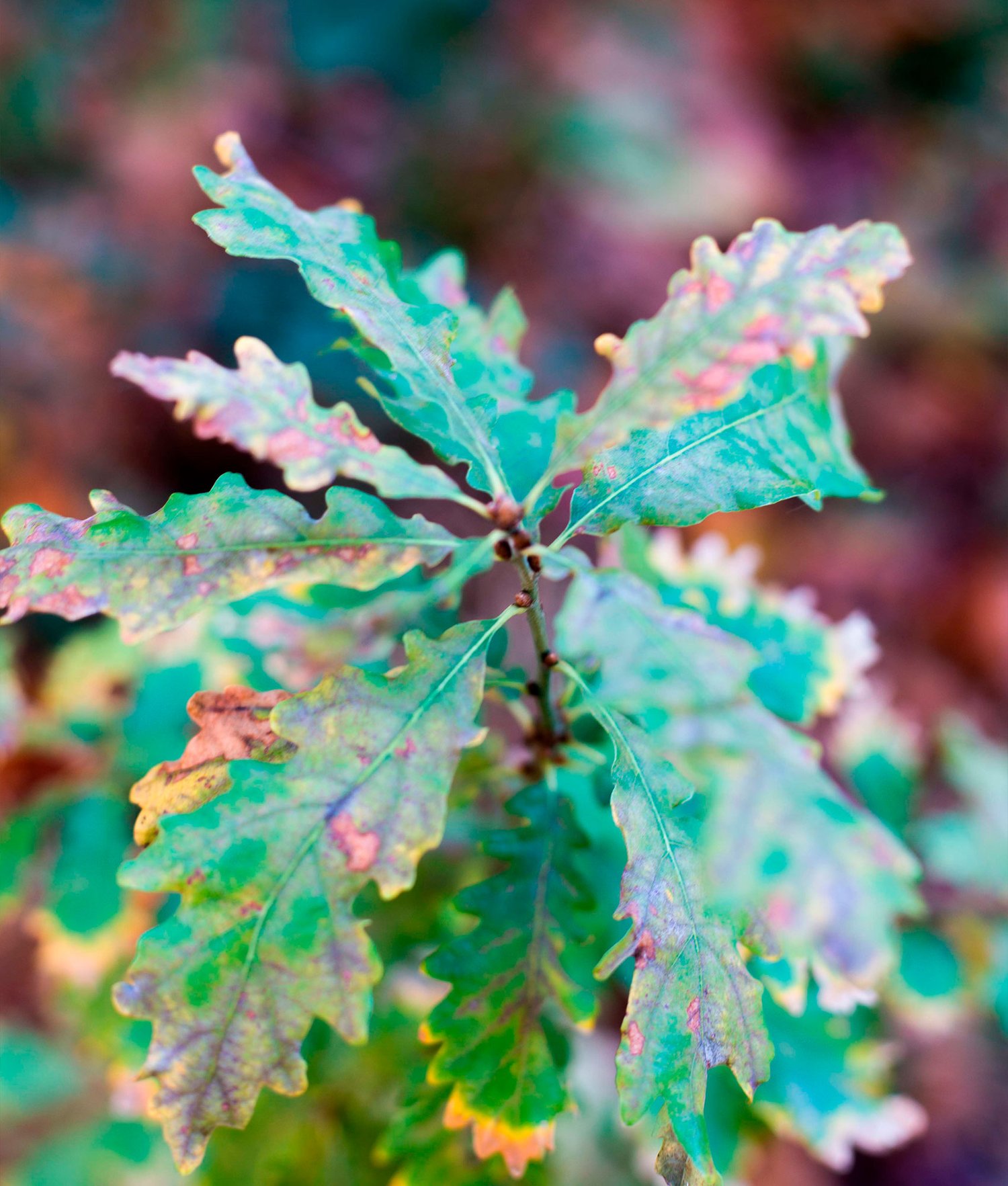
Biodiversity Notes:
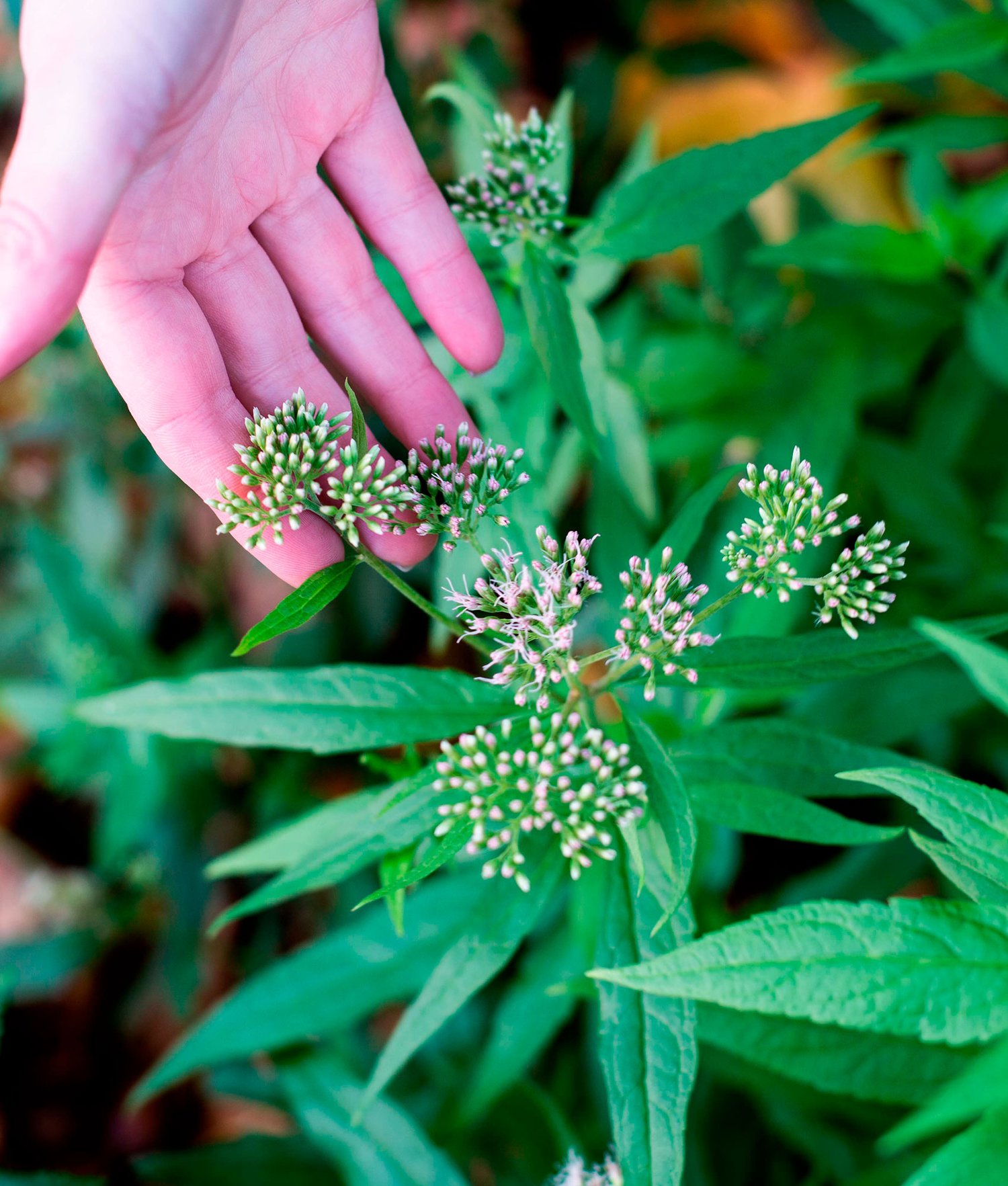
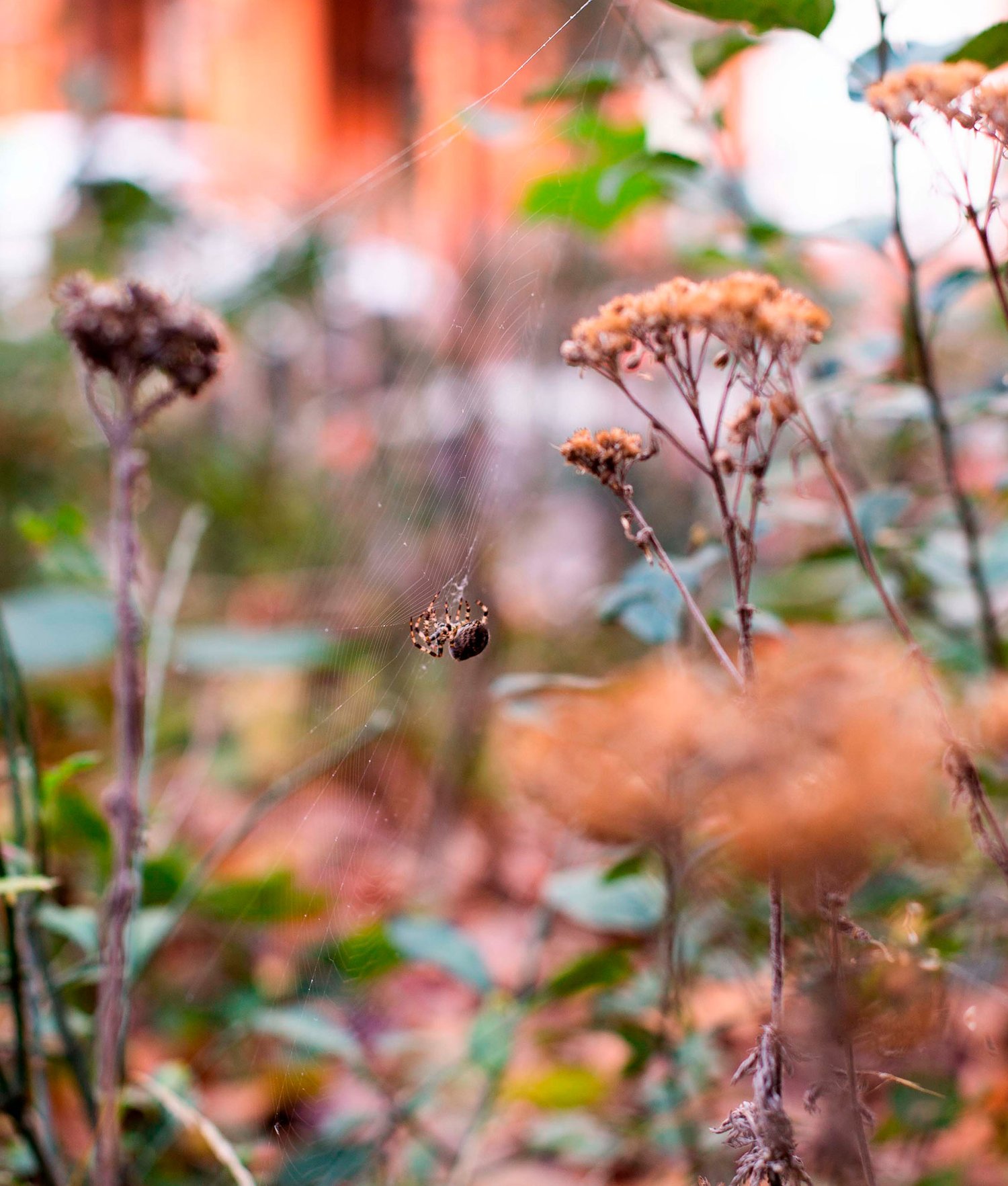
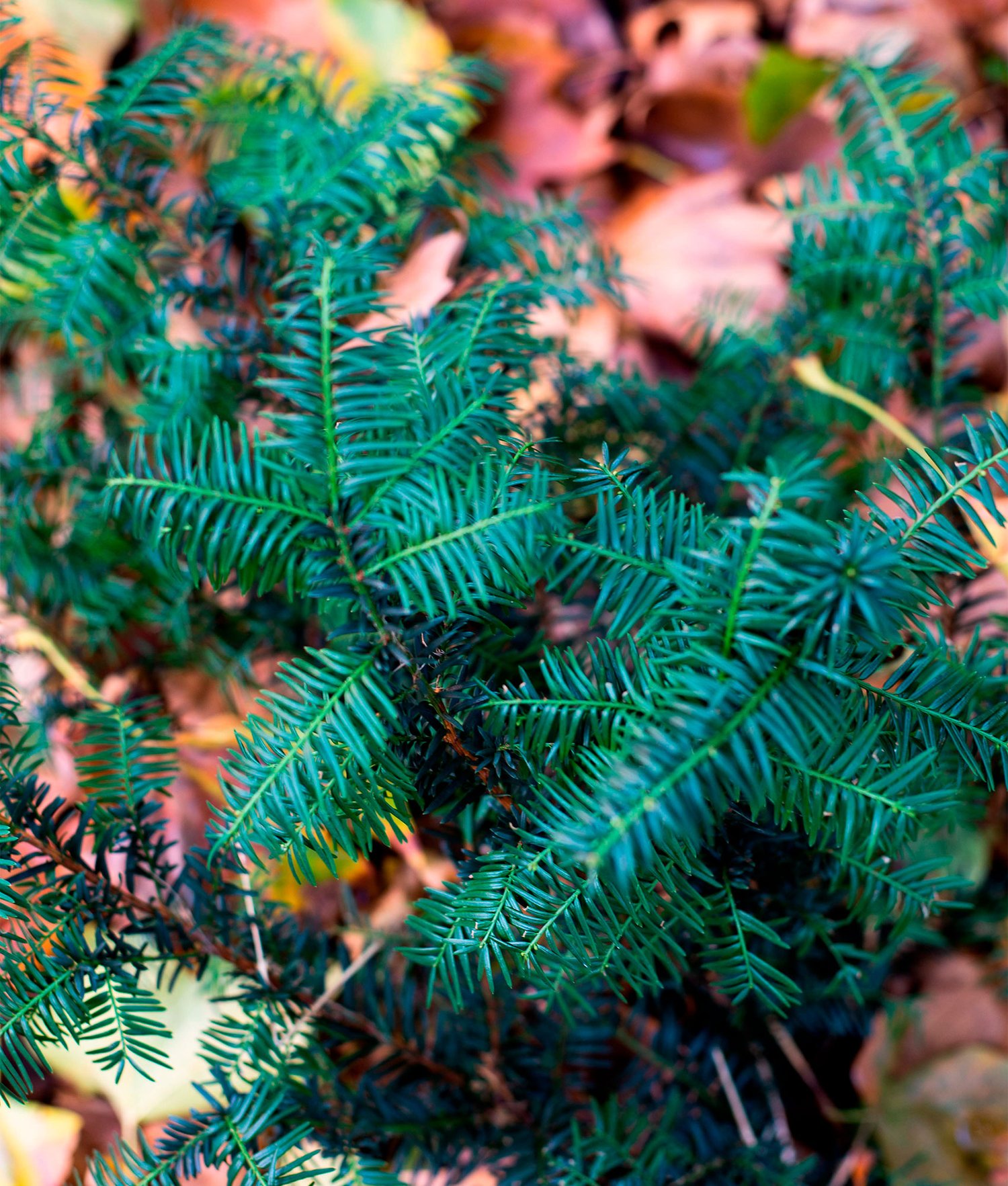
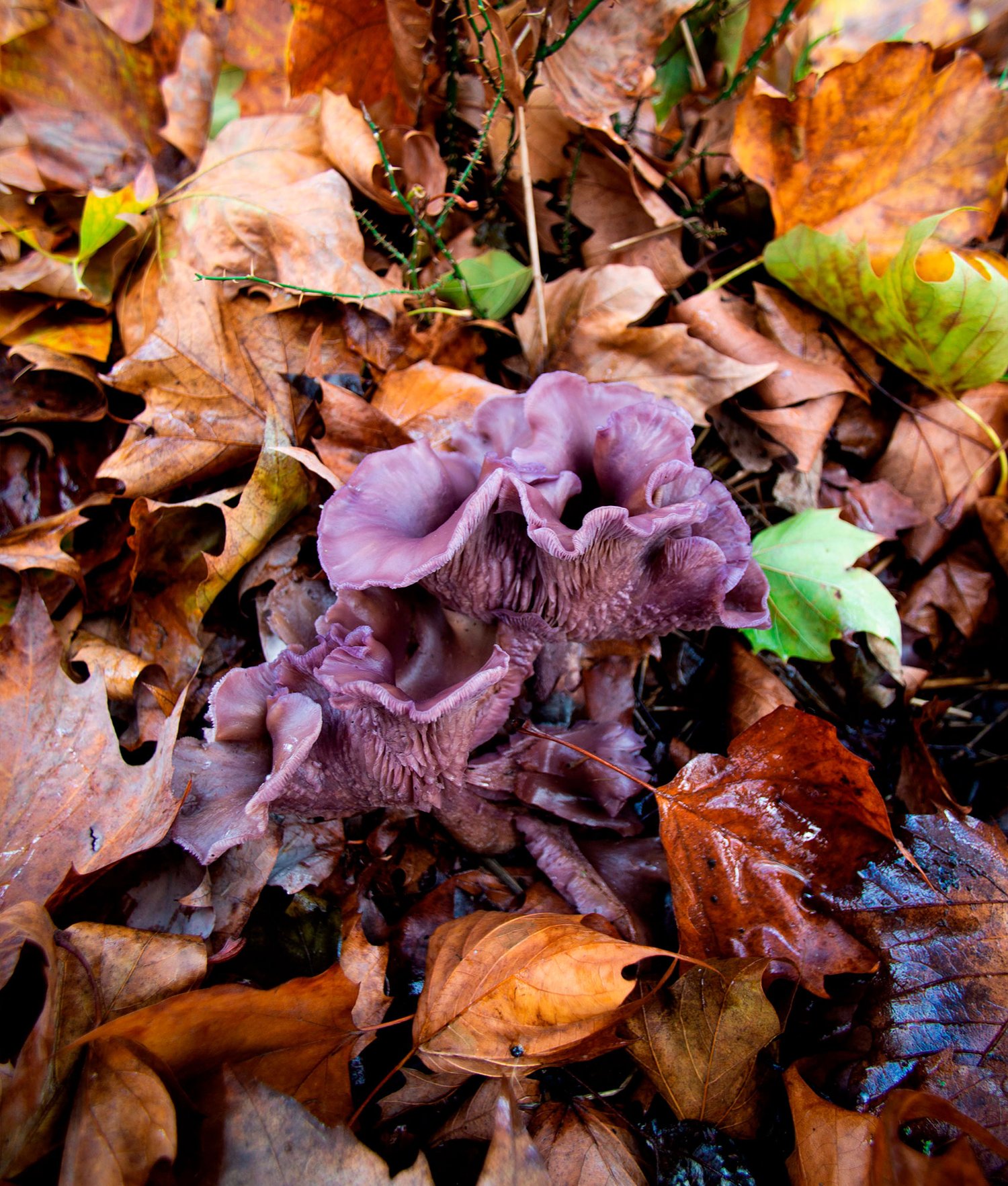
Forest Report: Planting
DATE: 12.10.2021
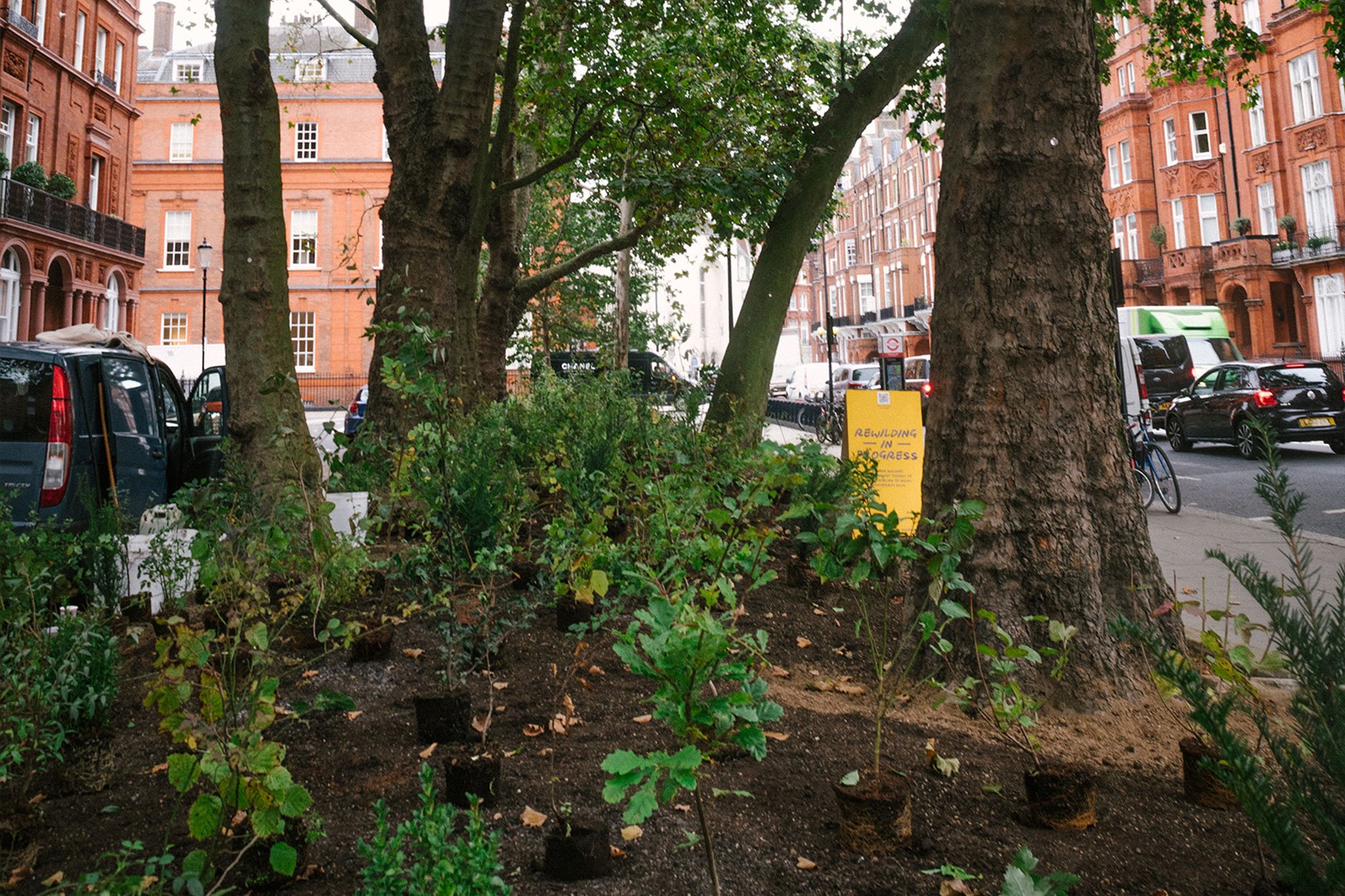
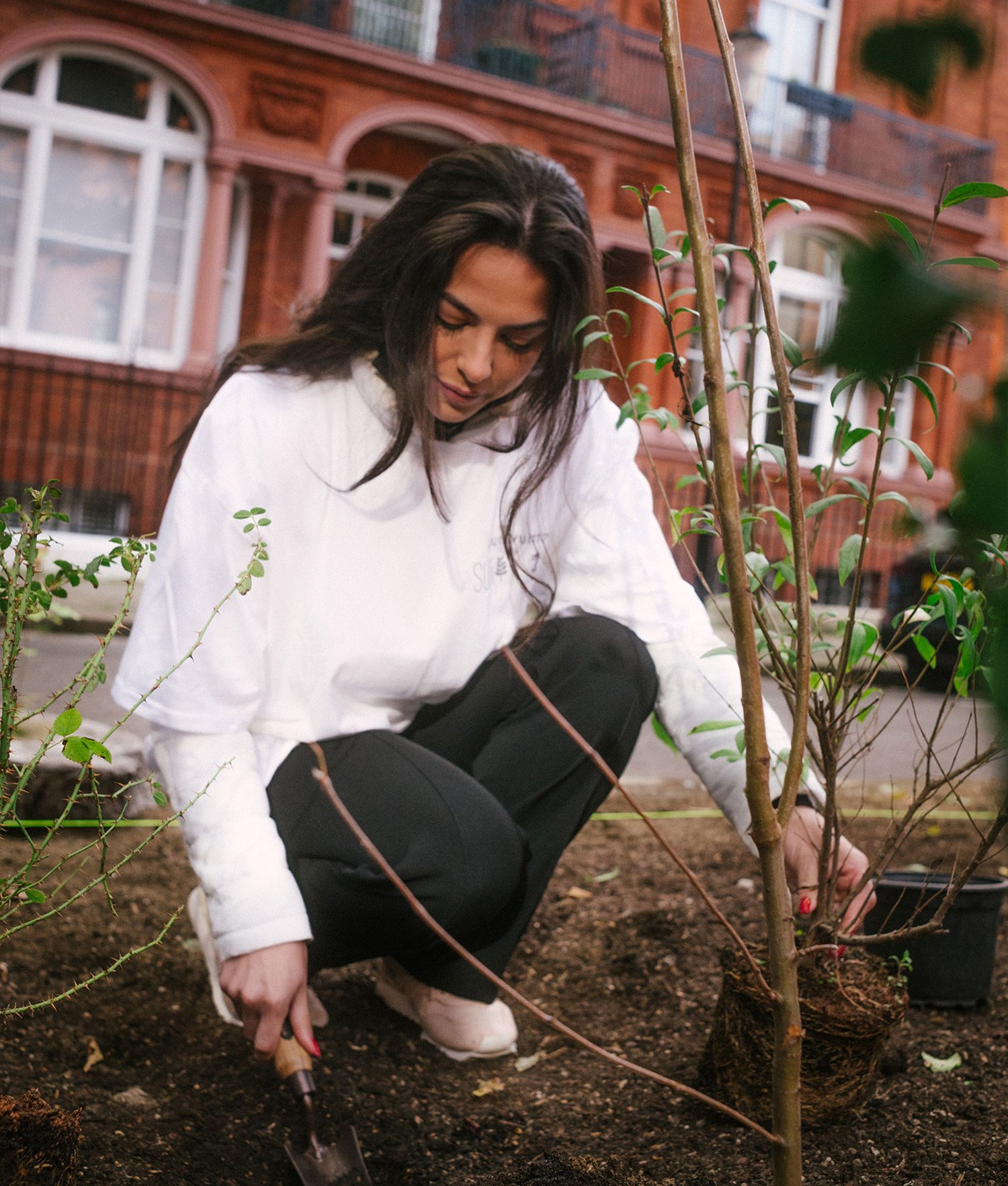
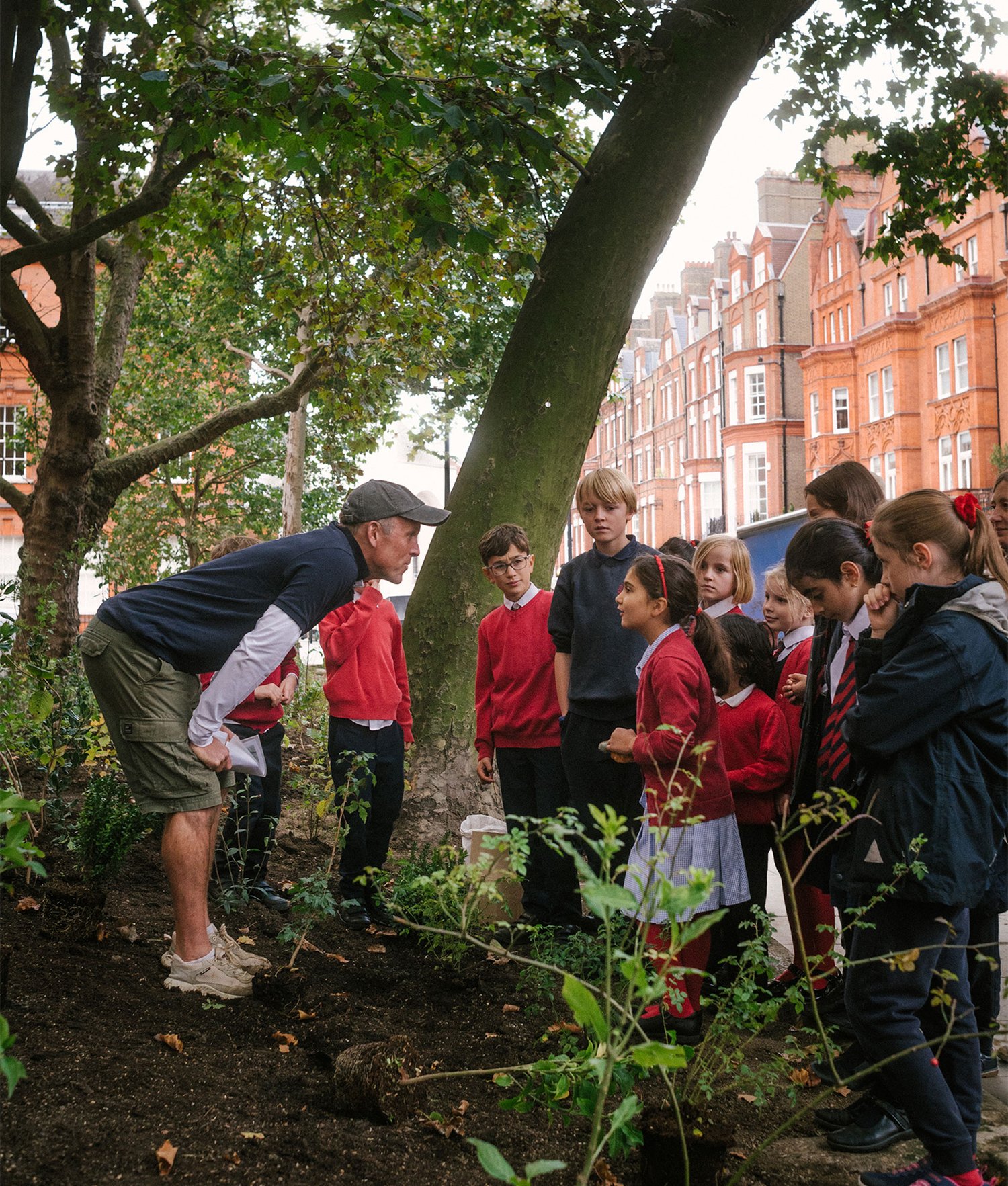
“Thanks to its urban location, the forest will offer not only an individual experience but a communal one. In so being, we hope this space will help cultivate community bonds and become a recognised source of joy for all.”
— James Godfrey-Faussett, Lead Forest Maker SUGi
Forest Design
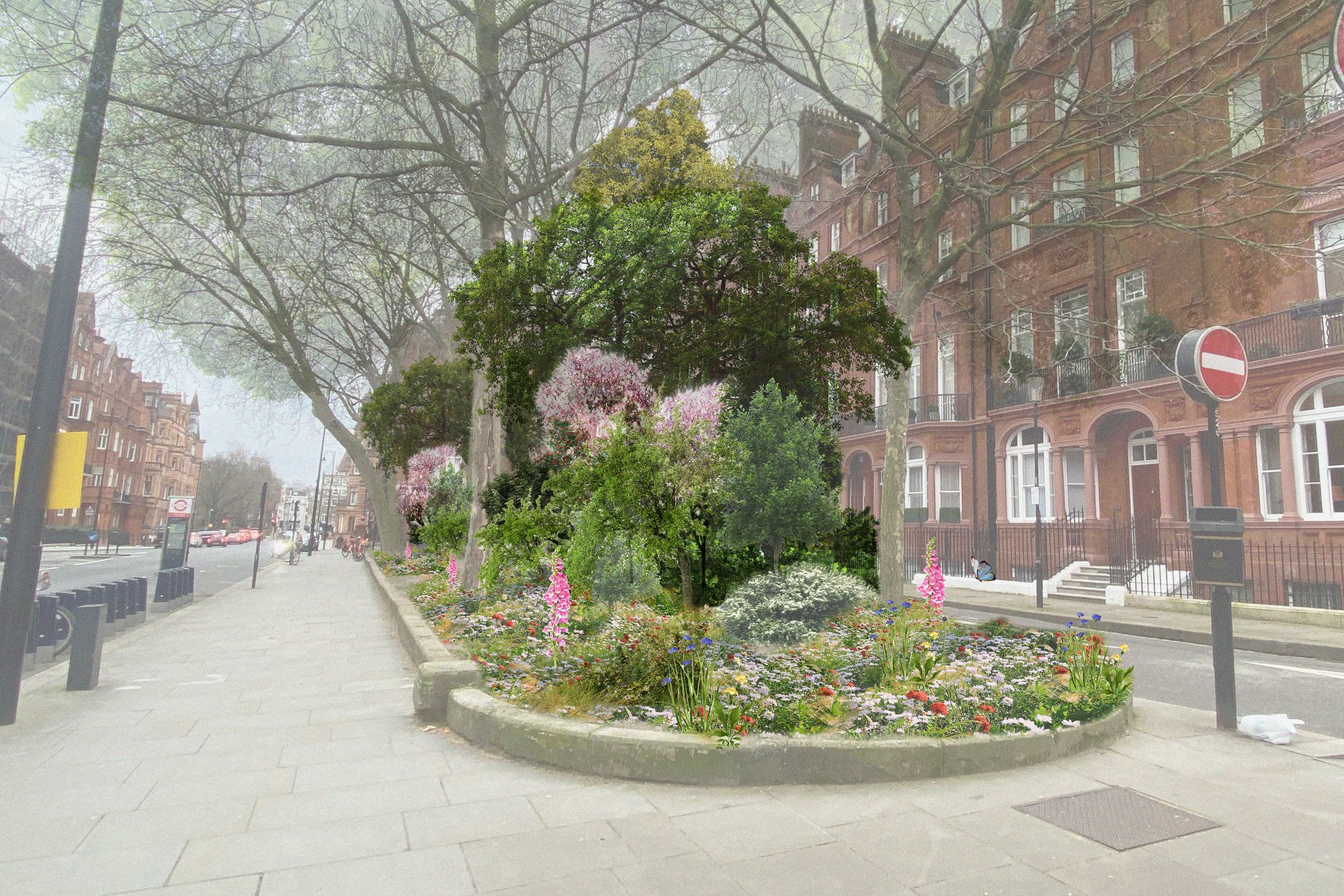
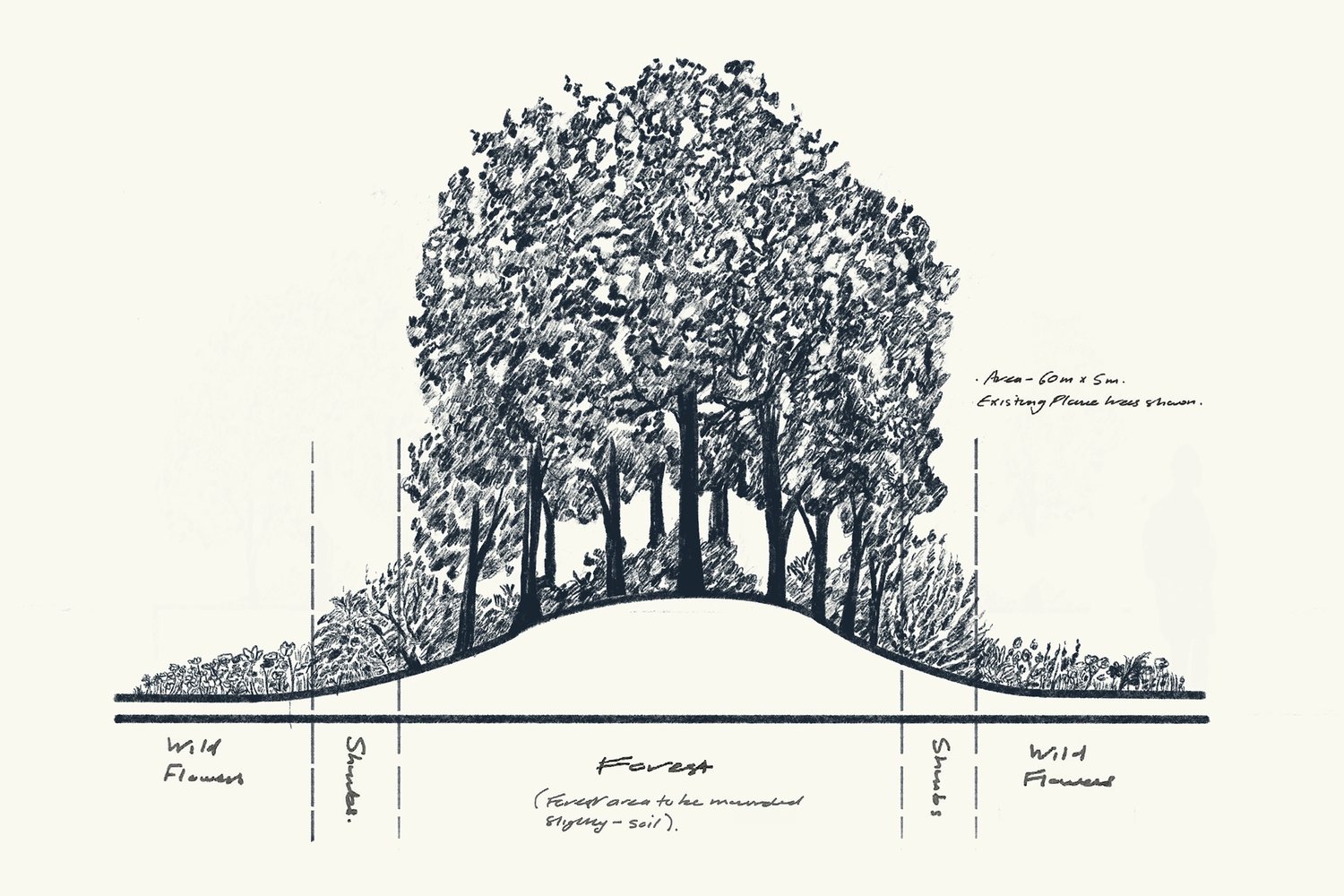
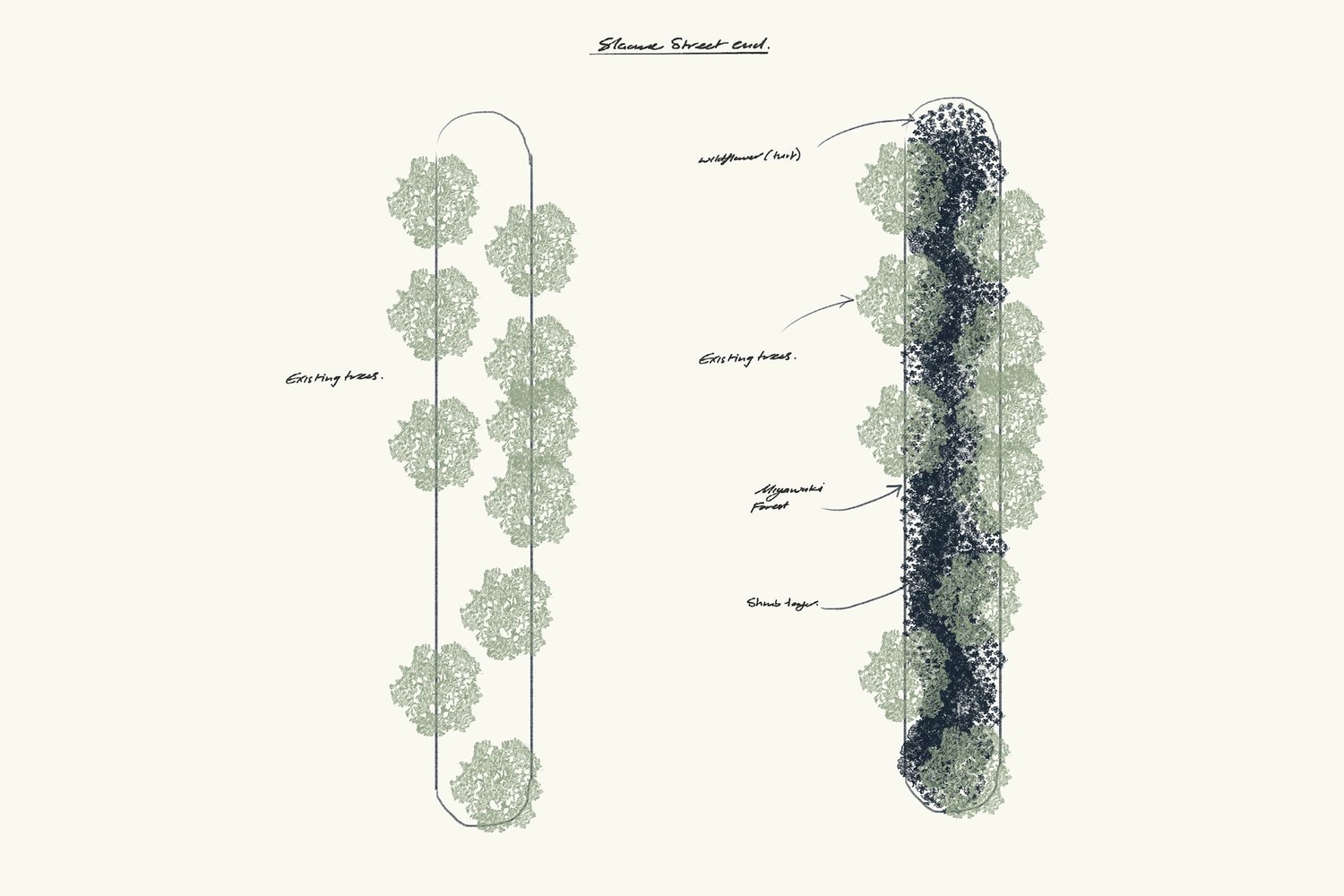
Native Species Selection (sample)
Red Campion — Silene Dioica
Perhaps the best of all wildflowers for bees, pollinators and butterflies. Campion has a long flowering season and provides bountiful nectar.
Sessile Oak — Quercus Petraea
The Oak is the king of biodiversity and a haven for numerous forms of life that can include 38 species of bird, 1178 forms of invertebrates and 31 species of mammal. The Oak can be home to over 500 species that are rarely if ever found living in harmony with any other species of tree.
Hawthorn — Crataegus Monogyna
The hawthorn is steeped in mythology as was much revered by the Celts, who believed the tree to be imbued with magical powers. The small trees are one of the first to blossom and provide a vital early food source for pollinators. The hawthorn is known as the bread and cheese tree as the leaves were seen as bread and the buds as cheese. Both edible and complimentary to eat.
Discover more SUGi Projects

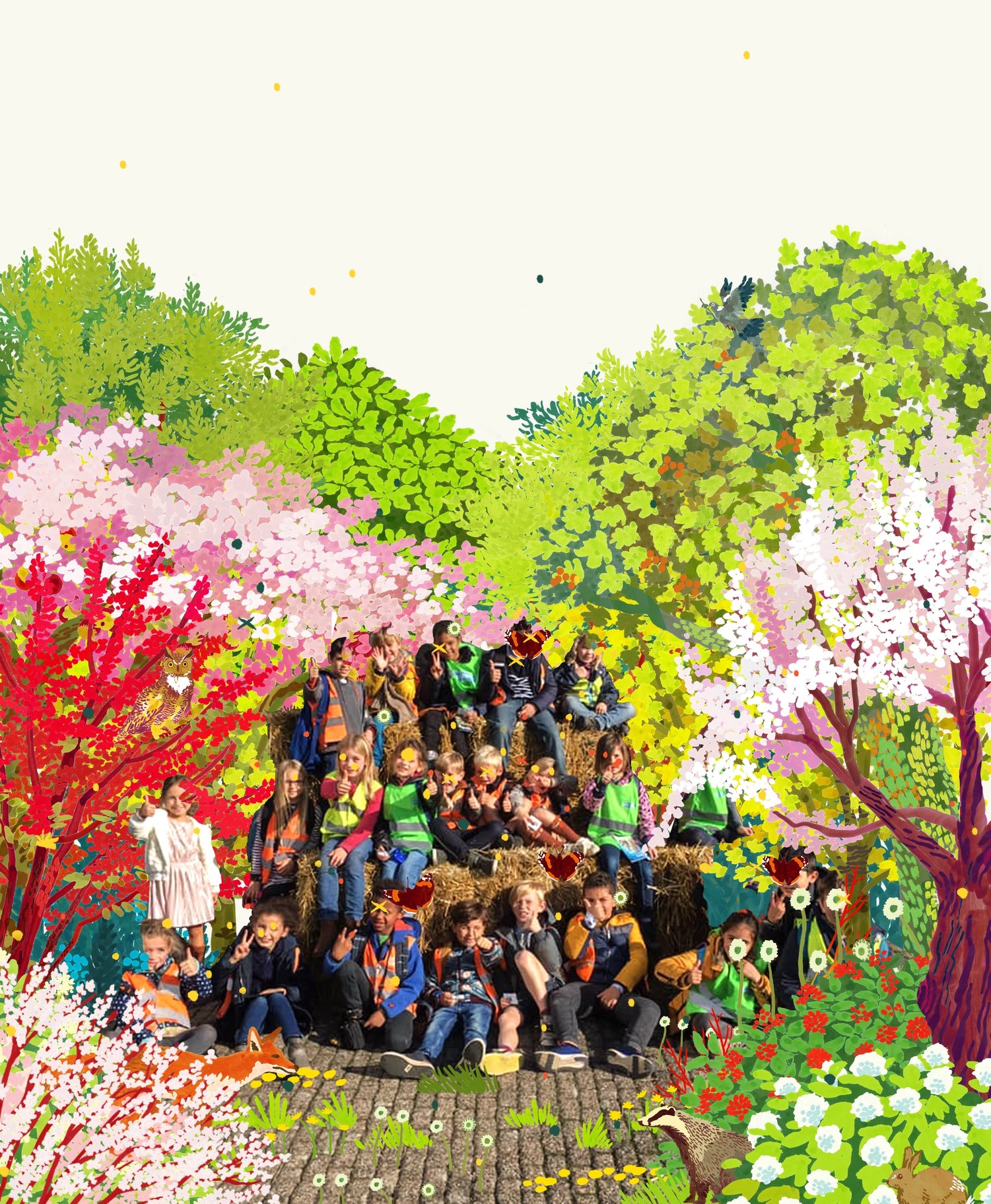
De Ark
A forest learning center in Sint-Niklaas


Langalibalele Forest
Cultivating a green oasis for community wellness and education.

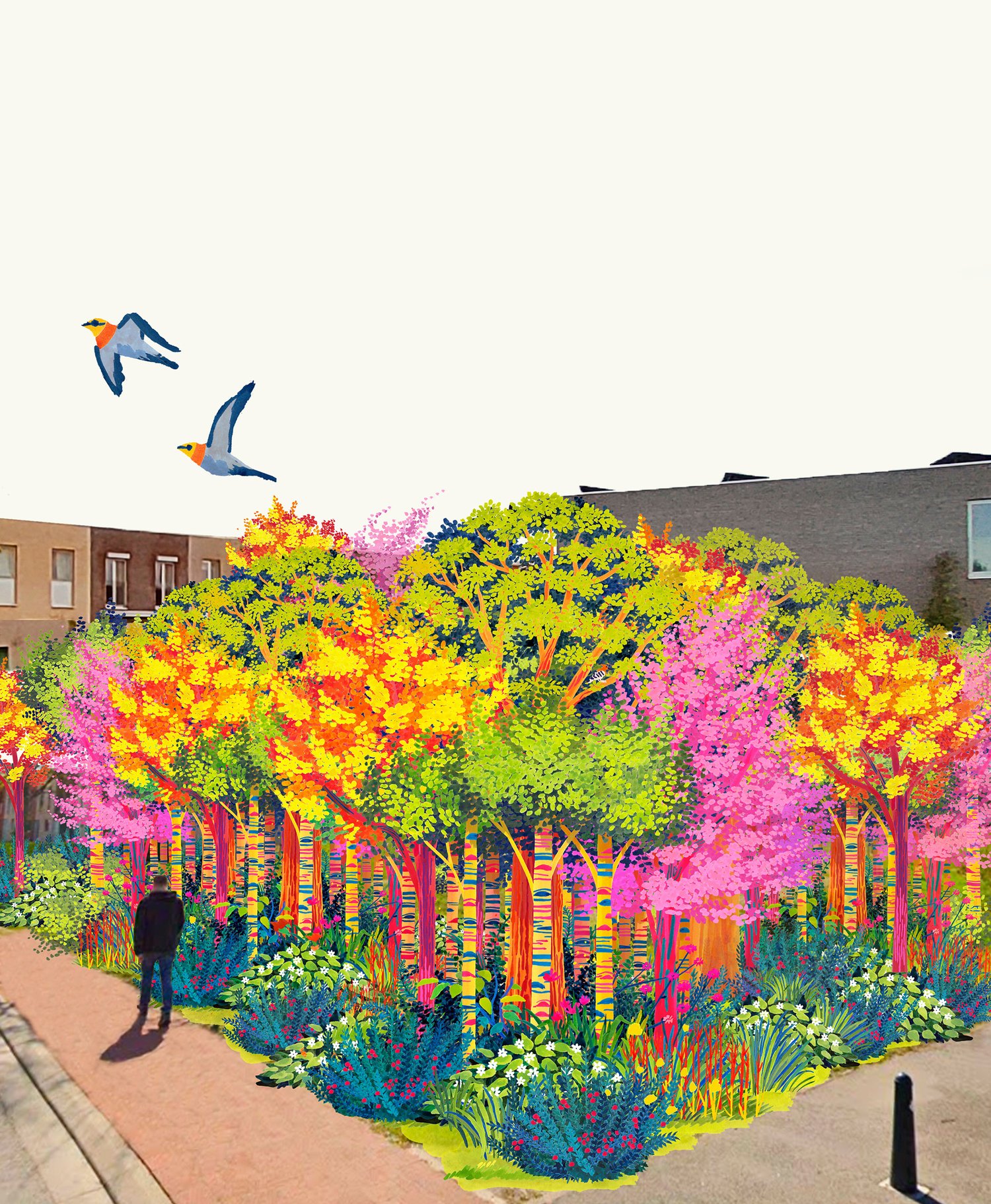
Papenhof Forest
Nature-based therapy at the heart of a city
